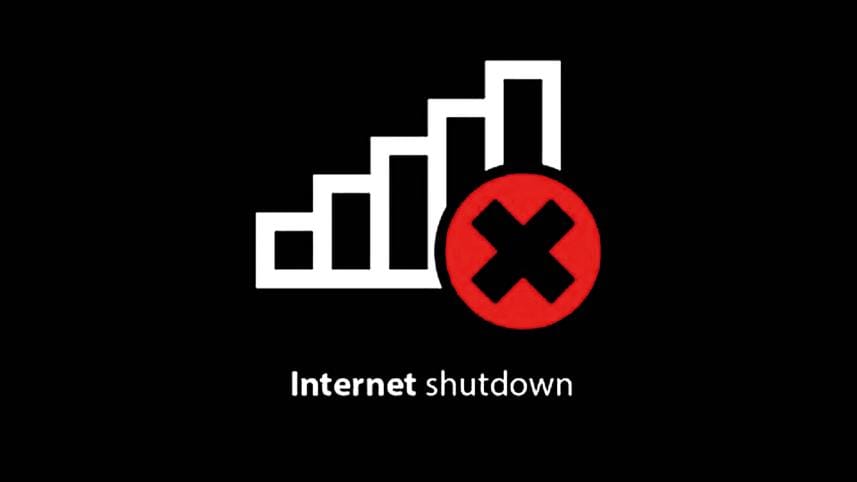Are internet shutdowns lawful?

The notion of access to internet as a fundamental human right has been growing exponentially. A survey of more than 27,000 adults across 26 countries, conducted by the BBC World Service between 2009 and 2010 found that almost four in five people around the world felt that access to internet is a fundamental human right. Countries such as Estonia and Finland have gone on to declare that access to internet is a human right of their citizens. Even in our neighbouring India, the High Court of Kerala in Faheema Shirin RK v State of Kerala and others W.P. (C) No. 19716/2019-L has clearly stated that right to access internet is a fundamental human right. But such notion has received fair share of opposition with most common argument against it being that internet is an enabler of rights, not a right itself. Frank La Rue, the United Nations Special Rapporteur on the "Promotion and Protection of the Right to Freedom of Opinion and Expression," in 2011, in his report to the UN Human Rights Council on the promotion and protection of the right to freedom of expression online, stated that the internet is an enabler of human rights and vastly expands the capacity of individuals to enjoy their right to freedom of opinion and expression. The UN Human Rights Committee in General Comment no. 34 has concluded that the freedom of expression under article 19(2) of the ICCPR includes the freedom to receive and communicate information, ideas and opinions through internet. The massive use of internet globally signifies that it has become a key means by which people can enjoy certain human rights, mostly freedom of speech and expression. Therefore, internet censorship or total shutdowns might not be a violation of right to internet access per se but could easily result in violation of freedom of speech and expression.
But the freedom of speech and expression is not an absolute right. As provided in article 39(2) of Bangladesh Constitution, restrictions can be imposed on the grounds of security of the state, friendly relations with foreign states, public order, decency or morality, contempt of court, defamation or incitement of an offence. Laws such as the Penal Code, 1860; the Foreign Relations Act, 1932; the Indecent Advertisement Prohibition Act, 1963; the Contempt of Court Act, 1926; the Special Powers Act, 1974 etc. regulate restrictions on freedom of speech and expression in our country. Globally, freedom of speech and expression have also been restricted on the grounds of blasphemy, obscenity, perjury, right to be forgotten or for the protection of intellectual property, trade secrets, non-disclosure agreements, privacy, etc. Thus, internet censorship is constitutional and to some extent considered lawful in international human rights regime. But such restrictions are only permissible if they are clearly provided by law or international human rights norms, proven to be necessary and are the only means available for the protection of rights of others. But total internet shutdowns, i.e. cutting off access to the internet entirely, regardless of the justification provided are disproportionate and thus a violation of the freedom of speech and expression.
Globally, the government-led internet shutdowns have been on rise as of late. As internet has become an easily accessible platform to facilitate online protest and disclose incidents of human rights abuse, total internet shutdowns are being employed by states to curb or silence political opposition and to censor dissenting social content or debate. Total internet shutdowns are thus violating an individual's freedom of speech and opinion. Though censorship of internet is legal and may be quite necessary at times for the greater interest of the society, absolute shutdown of internet is neither expected nor justified. Even censorship of internet must be carried out in exceptional circumstances and grounds for much censorship must not be vague and not beyond what the laws prescribe. Although all states might not have the means to ensure that internet access is broadly available to whole of its population but they can surely refrain from intentionally preventing or disrupting access to internet.
THE WRITER IS A STUDENT OF LLM, UNIVERSITY OF CHITTAGONG.



 For all latest news, follow The Daily Star's Google News channel.
For all latest news, follow The Daily Star's Google News channel.
Comments